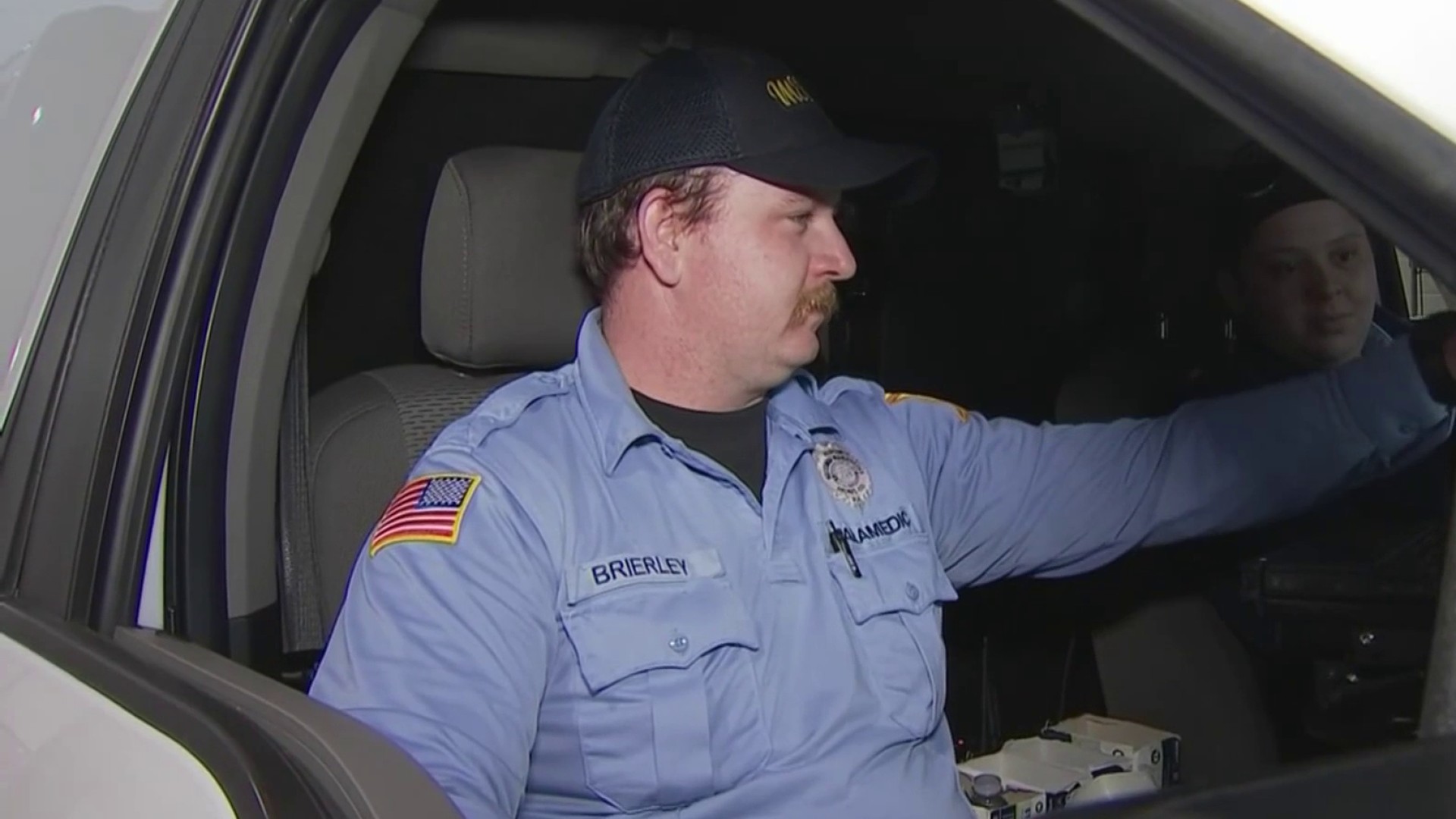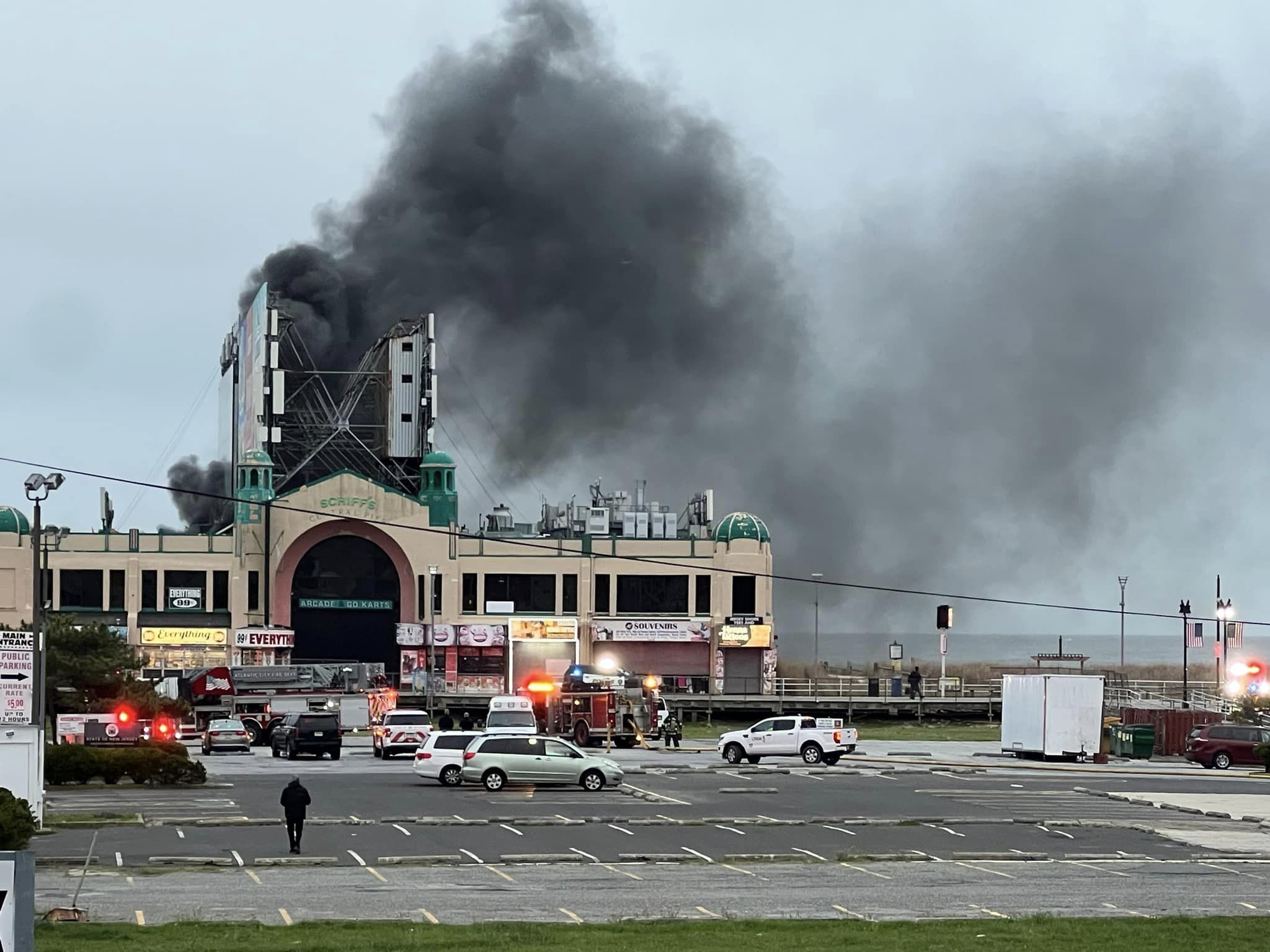The Pennsylvania House of Representatives approved an approximately $30 billion Republican-crafted budget bill on Saturday as the Wolf administration and top GOP lawmakers positioned themselves for a government shutdown and the first veto of an entire budget in at least four decades.
The Republican-controlled chamber passed the bill, 112-77, after two hours of debate during an unusual weekend session, four days before the state's fiscal year ends. Every Democrat and one Republican opposed it.
With talks between the Wolf administration and Republican legislative leaders at a virtual standstill, the bill is expected to pass the Republican-controlled Senate on Tuesday. It faces a near-certain veto by Democratic Gov. Tom Wolf and has little hope of an override in the Legislature, where leaders of the Democratic minorities are backing Wolf.
"It's far from over," said Rep. Dwight Evans, D-Philadelphia.
Without an enacted budget package by Wednesday, the Wolf administration will lose some spending authority, including billions for public schools and safety-net services, such as child welfare services, homeless shelters, child care centers, food pantries, addiction counseling and attendants for the mentally disabled.
Republicans urged Wolf to accept what they called a responsible budget that increases aid for education and holds the line on taxes. It would also keep state government operating while the sides continue to negotiate through differences, they said.
Republicans characterized their bill as a taxpayer friendly alternative to Wolf's proposal to raise spending by $2.6 billion and taxes by $4-plus billion in his bid to wipe out a long-term structural deficit and deep, Republican-sponsored cuts in education aid in 2011.
Local
Breaking news and the stories that matter to your neighborhood.
Rep. Kate Harper, R-Montgomery, called Wolf's plan the largest tax increase in Pennsylvania's history.
"Now it would be wonderful to spend that much money if we were willing to pay the price," said Rep. Garth Everett, R-Lycoming. "You can't spend what you don't have and you can't spend what you're not willing to put a vote up for. I'm not willing to put a vote up for those kinds of tax increases and not one other member of this House was."
Democrats blasted the Republican plan for leaving education aid below 2010 levels and said it was balanced on more than $1.5 billion in stopgaps that would worsen a deficit that has plunged Pennsylvania's bond rating into the nation's basement.
Rep. Dan Frankel, D-Allegheny, echoed the Wolf administration's contention that payment delays built into the GOP plan would mean just $8 million in increased aid to public schools.
"Let me tell you something about this budget," Frankel said. "Three cents. Three pennies. That's how much our kids' education is worth in the Republican budget before us, a net increase of $8 million in education funding split between 1.8 million students over the course of 180 days. Three cents per student, per day. Shameful."
The Republican budget plan would authorize nearly $30.2 billion in spending through the state's main bank account. That includes an approximately $1.15 billion spending increase, or about 4 percent, mainly for growing pension obligations and the rising cost of health care for the poor, plus $100 million more for public school instruction and operations, about one-fourth of what Wolf wants.
It does not increase taxes, cuts corporate taxes and assumes that tax collections will grow slowly, at less than 1 percent. It also counts on $220 million in projected licensing receipts from yet-to-be-passed legislation to privatize the state-controlled wine and liquor store system. Wolf opposes the system's privatization.
During the House debate, dozens of people held a prayer session in the Capitol Rotunda as part of a 10-day demonstration by a coalition of interfaith organizations that have joined education groups in calling for $3.6 billion more in public school aid.
If there is a shutdown, a 2009 court ruling would allow Wolf to keep state employees paid and on the job, ensuring that many state services can continue functioning. State troopers would continue patrolling highways and corrections officers would remain in state prisons. Doctors, nursing homes and hospitals would continue receiving billions of dollars in Medicaid payments.
However, many counties, school districts and nonprofit social service providers would be forced to scrounge for money.
"It's not easy to extend beyond June 30, but we can bridge through for a short period of time," said Douglas Hill, executive director of the County Commissioners Association of Pennsylvania.



